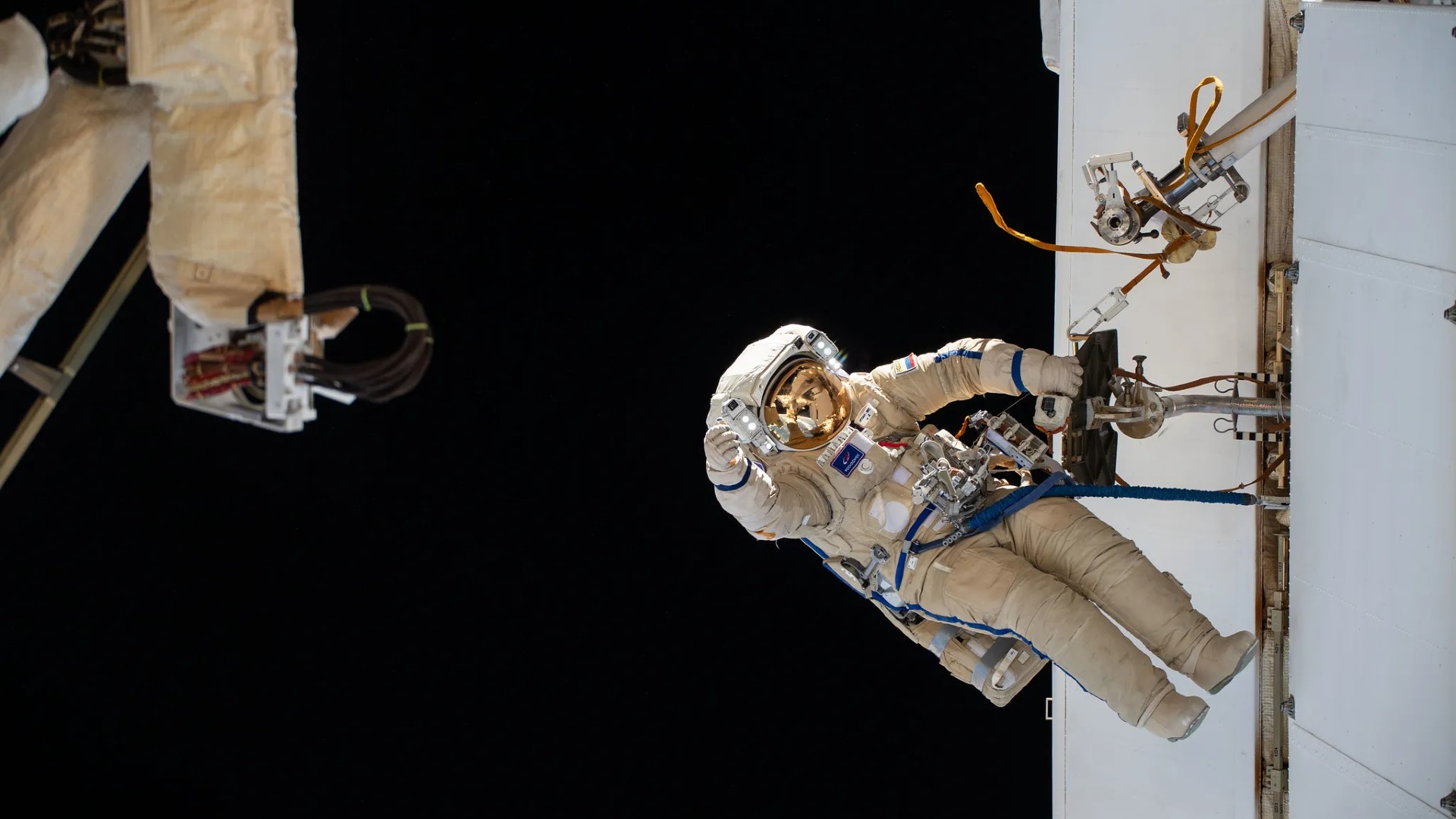SpaceX worked to prevent Ukraine from using Starlink internet with drones: report

Breaking space news, the latest updates on rocket launches, skywatching events and more!
You are now subscribed
Your newsletter sign-up was successful
Want to add more newsletters?

Delivered daily
Daily Newsletter
Breaking space news, the latest updates on rocket launches, skywatching events and more!

Once a month
Watch This Space
Sign up to our monthly entertainment newsletter to keep up with all our coverage of the latest sci-fi and space movies, tv shows, games and books.

Once a week
Night Sky This Week
Discover this week's must-see night sky events, moon phases, and stunning astrophotos. Sign up for our skywatching newsletter and explore the universe with us!

Twice a month
Strange New Words
Space.com's Sci-Fi Reader's Club. Read a sci-fi short story every month and join a virtual community of fellow science fiction fans!
SpaceX has taken measures to limit Ukraine's use of the company's Starlink satellite-internet service during its ongoing war with Russia, according to media reports.
Starlink has been a vital piece of communications infrastructure for Ukraine throughout the conflict, which began when Russia invaded the nation on Feb. 24 of last year. Service beamed down from orbit is tougher for an adversary to knock out than coverage provided by ground-bound towers, after all.
But SpaceX has balked at some Ukrainian uses of Starlink, according to Reuters. Specifically, the outlet reported on Wednesday (Feb. 8), Elon Musk's company doesn't want the Ukrainian military using the service to control its battlefield drones, which conduct a variety of operations from scouting to dropping bombs.
Related: SpaceX's Starlink megaconstellation launches in photos
Starlink service was "never, never meant to be weaponized," SpaceX President and Chief Operating Officer Gwynne Shotwell said Wednesday during the 25th annual Federal Aviation Administration Commercial Space Transportation Conference in Washington, D.C., according to Reuters.
"However, Ukrainians have leveraged it in ways that were unintentional and not part of any agreement," she added.
Control of battlefield drones is one such verboten application, in SpaceX's eyes; Shotwell mentioned this use at the conference, Reuters reported, and it's clear that the company's higher-ups are not okay with it.
Breaking space news, the latest updates on rocket launches, skywatching events and more!
"There are things that we can do to limit their ability to do that," Shotwell said. "There are things that we can do, and have done."
She didn't provide any details about those measures, Reuters reported. You can read the whole story here.
Musk said last fall that there are about 25,000 Starlink terminals in Ukraine. Deploying and operating all of them has proven challenging, however, given the logistical and economic hurdles facing the besieged nation. Last fall, for example, 1,300 Starlink terminals used by the Ukrainian military went dark for two weeks due to a funding shortfall.
SpaceX began subsidizing Starlink service in Ukraine just after the invasion began, a practice that ended up costing the company about $20 million per month, according to Musk. In September, SpaceX asked the U.S. military to help defray those costs, according to CNN.
"Negotiations are very much underway. Everyone in our building knows we're going to pay them," a Pentagon official told CNN last fall.
Mike Wall is the author of "Out There" (Grand Central Publishing, 2018; illustrated by Karl Tate), a book about the search for alien life. Follow him on Twitter @michaeldwall. Follow us on Twitter @Spacedotcom or on Facebook.

Michael Wall is a Senior Space Writer with Space.com and joined the team in 2010. He primarily covers exoplanets, spaceflight and military space, but has been known to dabble in the space art beat. His book about the search for alien life, "Out There," was published on Nov. 13, 2018. Before becoming a science writer, Michael worked as a herpetologist and wildlife biologist. He has a Ph.D. in evolutionary biology from the University of Sydney, Australia, a bachelor's degree from the University of Arizona, and a graduate certificate in science writing from the University of California, Santa Cruz. To find out what his latest project is, you can follow Michael on Twitter.
